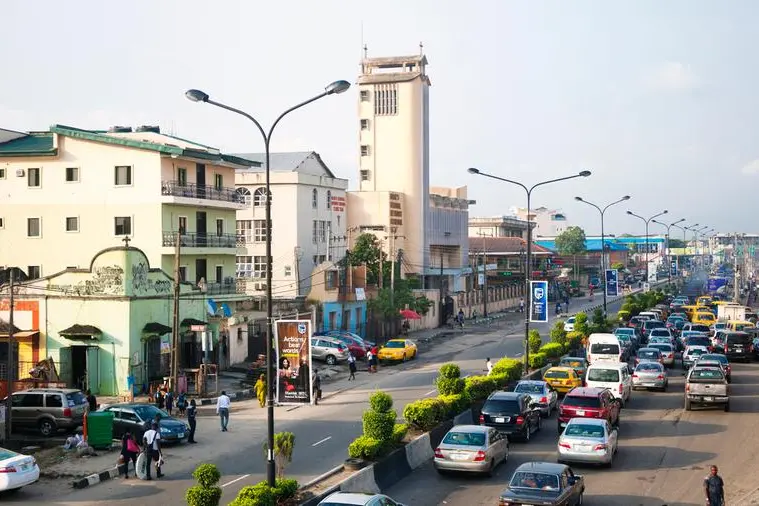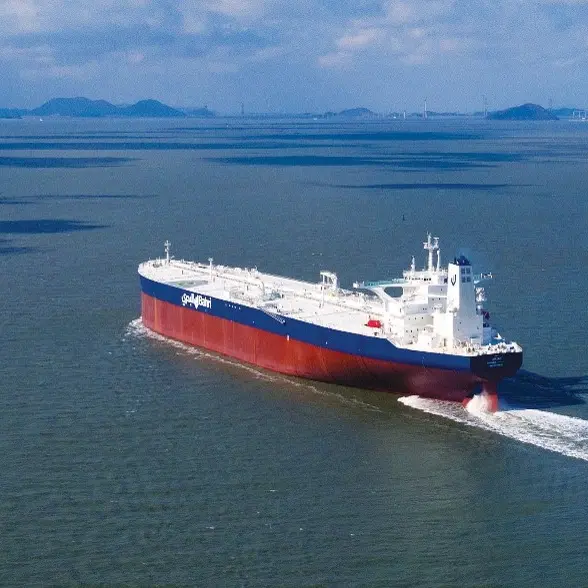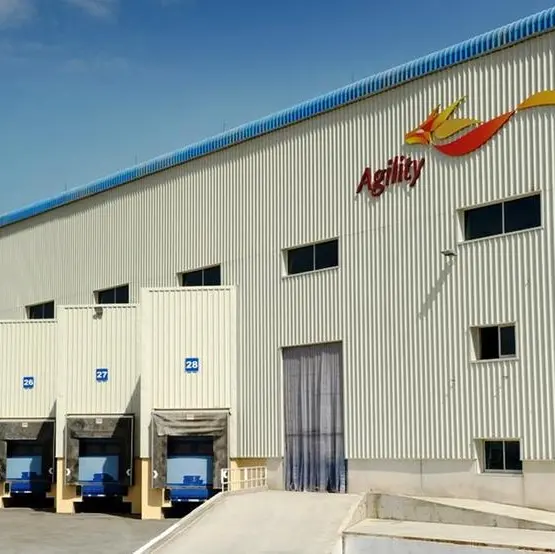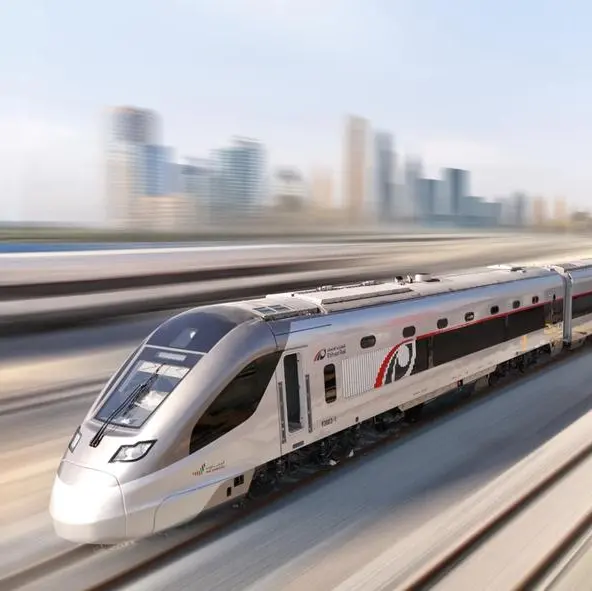PHOTO
AS ECOWAS Commission is taking a significant step towards the realisation of the Abidjan-Lagos Highway project, it said the completion of the six-lane expressway will increase regional trade by 40 percent.
Besides, it said the project, which involves the construction of a six-lane, spanning over 1,000 kilometres, aimed at boosting economic integration, will reduce transportation cost by 30 per cent.
Speaking with journalists in Lagos on Monday, the Commission’s Acting. Director, Directorate of Transport Development, Mr. Chris Appiah, revealed that the project is now at the final stage of technical studies, with the draft designs set to be approved by the end of the year.
He explained that the project, which construction is expected to commence in 2025, will be financed through a combination of public and private sector funding.
He noted that the Abidjan-Lagos Corridor Management Authority (ALCOMA) has been established to oversee the project’s implementation, with the inauguration of its board expected soon.
“The authority will be responsible for raising funds for the project, which will be recouped through tolls.
“The project’s benefits extend beyond economic gains, as it is expected to boost tourism, education, and healthcare in the region. The highway will also connect major ports, facilitating international trade.
“While challenges such as harmonizing design standards and addressing government changes have been encountered, the Commission remains committed to delivering the project, with strong political will from the highest level.
“The public has been urged to continue supporting the project as it moves into the executive phase, with construction expected to commence soon,” he appealed.
In her remarks, Director of Policy, Planning, and Budgeting at Ghana’s Ministry of Roads and Highways, and Project Director, Engr. Rita Ohene-Sarfoh, said that the inauguration of the Abidjan-Lagos Corridor Management Authority (ALCOMA) board is set to take place soon, paving the way for project implementation to begin within the next year.
She explained that,”The project’s funding will be a unique blend of public and private sector investments, with the management authority responsible for raising the necessary funds. Unlike traditional funding models, this approach will not be based on individual country needs or requirements. Instead, each country’s contribution will be treated as equity, with returns on investment expected.
“Ghana’s section of the corridor is the largest, covering over 50% of the entire corridor. The country is already exploring funding options with international donors and will work closely with other countries to secure the necessary funds.
“The Abidjan-Lagos Corridor project promises to revolutionize regional trade and economic integration. With a toll-based system in place, investments made in the corridor can be recouped, ensuring a sustainable future for the project”, she assured.
Engr. Ohene-Sarfoh noted, “If a country raises more funds, it goes in as equity, and they get returns.”
Copyright © 2022 Nigerian Tribune Provided by SyndiGate Media Inc. (Syndigate.info).





















